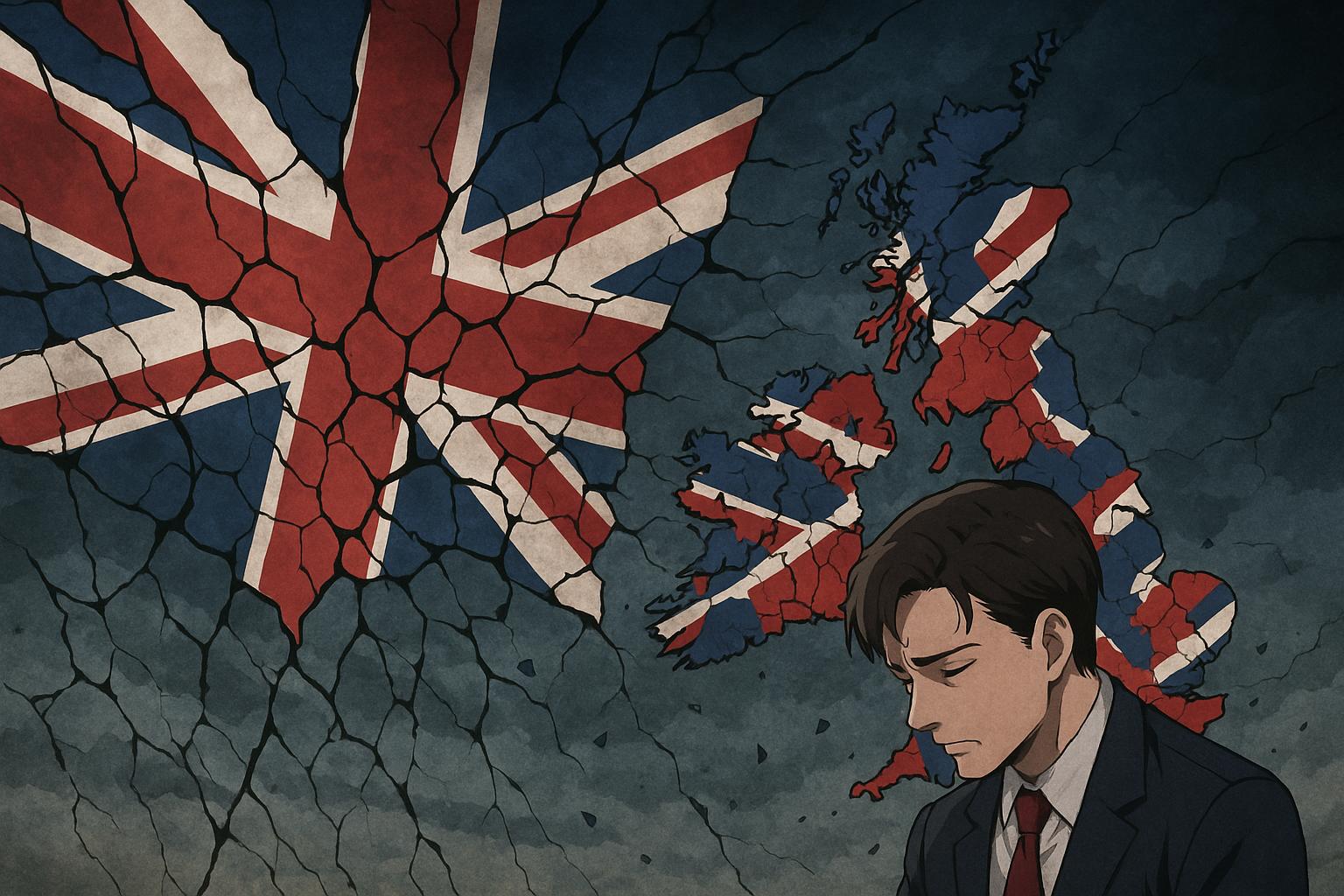Brexit, once heralded as a transformative step for the UK, has increasingly been characterised as a source of ongoing societal and economic malaise. Critics argue that instead of achieving the promised ideal of a “Global Britain,” the reality has devolved into a chaotic spectacle, undermining living standards and public services. According to commentators, the repercussions of leaving the European Union are profound, contributing to an environment of stunted investment and stagnant growth, which has left the country feeling poorer and more divided. Indeed, many now assert that Brexit has, in effect, broken Britain, creating a fertile ground for populist figures like Nigel Farage to exploit burgeoning grievances.
Amidst this backdrop, the personal narratives of political figures intertwined with Brexit offer further insights. Michael Gove, a prominent supporter of the "Leave" campaign, and his former wife, Sarah Vine, have recently come under scrutiny following the release of her memoir, which paints a vivid picture of their relationships within Westminster and with figures like David Cameron. Through Vine’s perspective, it becomes clear that not only has British politics been disrupted, but personal alliances have also frayed. Describing her experiences, Vine has expressed disdain for Cameron, describing him as a “man baby” who fled the responsibilities that came with the referendum outcome. She elaborated that rather than confronting the implications of defeat, Cameron chose to resign, throwing his political weight behind a narrative of personal failure.
The fallout from Brexit, as Vine suggests, extends beyond personal grievances to highlight a broader political cowardice. There is a sense that the crumbling of established political relationships has made it harder for ideological lines to maintain their coherence, with figures like Gove now relegated to the status of elder statesmen, their ambitions curtailed by the effectiveness of their campaigns. While Gove is now a peer and a noted editor at The Spectator, the disarray in the Conservative Party suggests a significant departure from the confidence that previously characterised its leadership.
The consequences of this fragmentation within the Conservative Party are underscored by external economic and social pressures. For instance, proposals have emerged from within the Bank of England advocating for closer trading ties with the EU to alleviate some of the negative effects of Brexit, particularly on the financial services sector. This call echoes the views of various economists who argue that reduced non-tariff barriers could foster much-needed economic growth. Meanwhile, the sluggish productivity within the UK economy has prompted discussions around the need for robust investment strategies to combat stagnation.
Recent data surrounding UK real estate indicates a slight resilience, with house prices experiencing a modest rise, attributed to factors such as low unemployment and strong wage growth. However, this glimmer of economic stability is overshadowed by criticisms of the government's planning reform initiatives, which many view as misdirected efforts to stimulate growth rather than substantive investment in public infrastructure or sectors that could catalyse productivity improvements.
As the ten-year anniversary of Brexit approaches, the fractures caused by this monumental decision will likely continue to be examined. The personal and political legacies of its advocates, marked by personal narratives of regret and missed opportunities, reflect a broader disillusionment that transcends individual ambition. As political leaders grapple with the shattered promises of Brexit, the repercussions for the Conservative Party appear severe, raising questions about its future amidst a landscape fraught with discontent and division. In many ways, Vine's critique serves as both a reflection of personal disappointment and a broader indictment of the leadership failures that have characterised the last decade.
📌 Reference Map:
Source: Noah Wire Services
